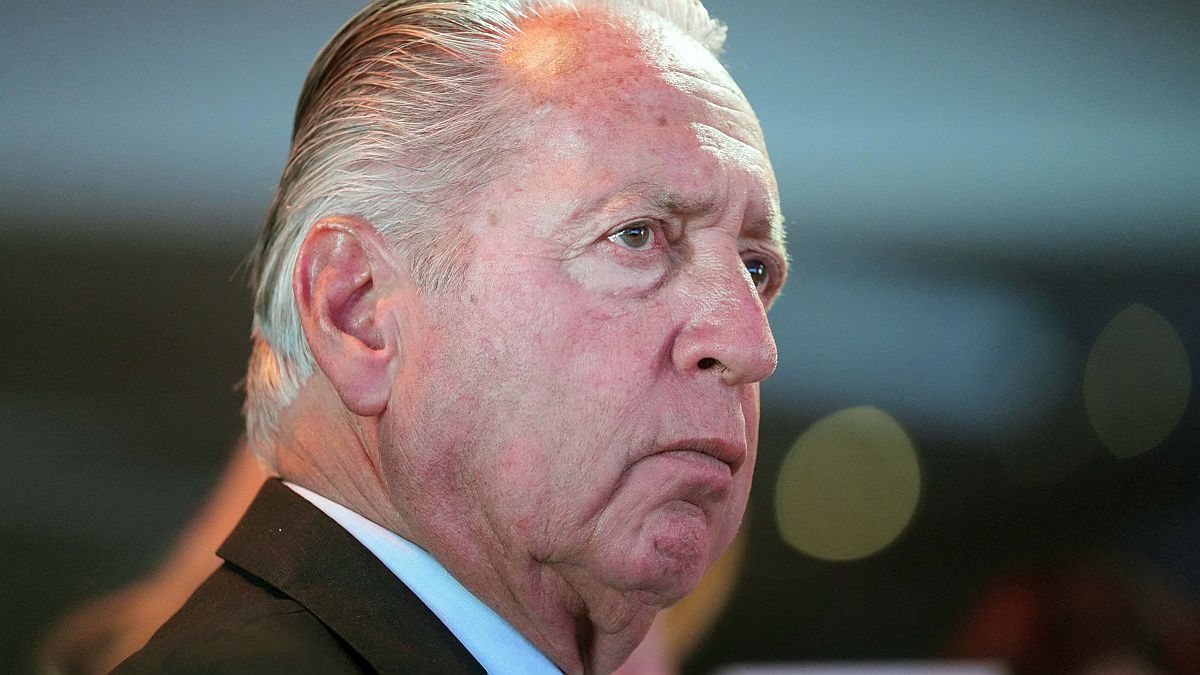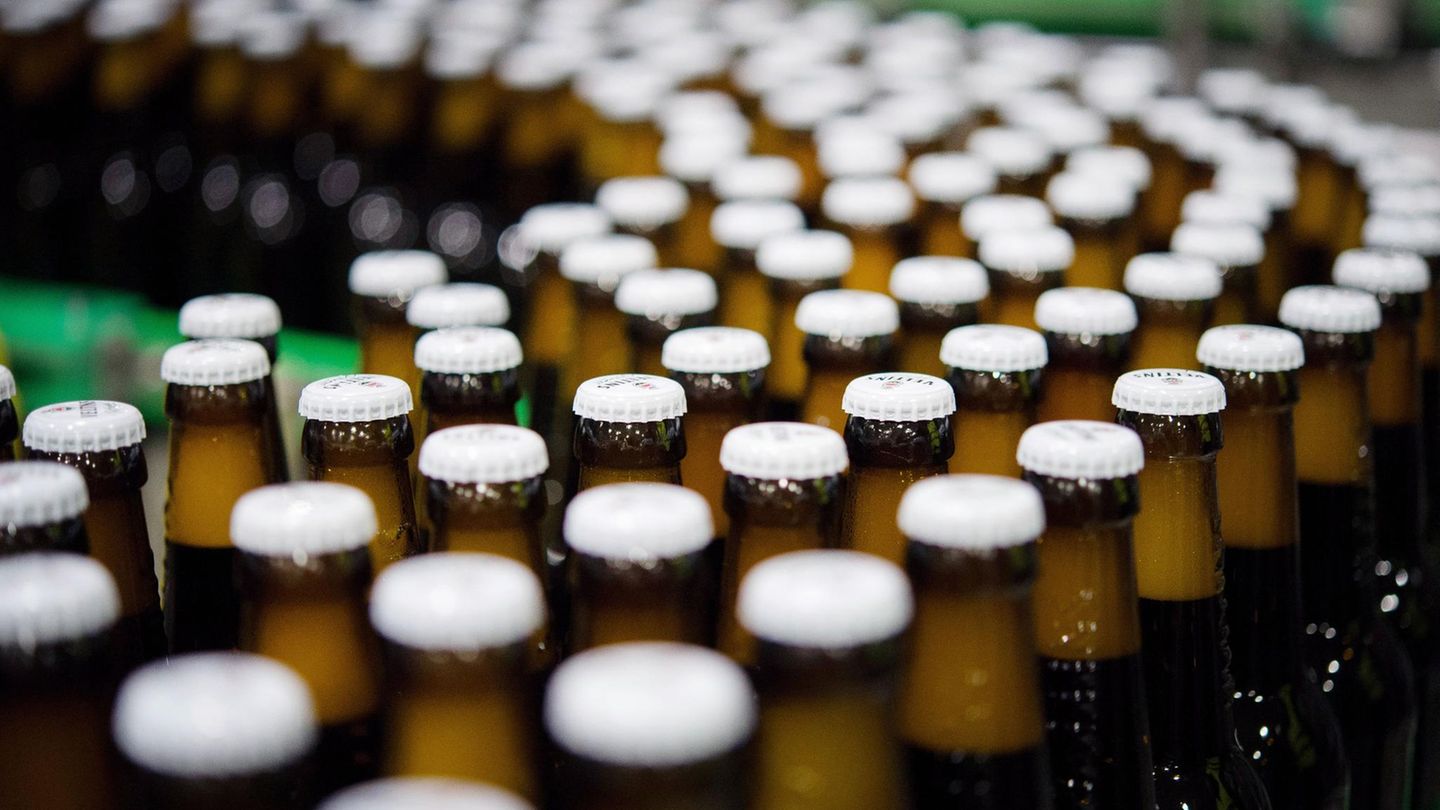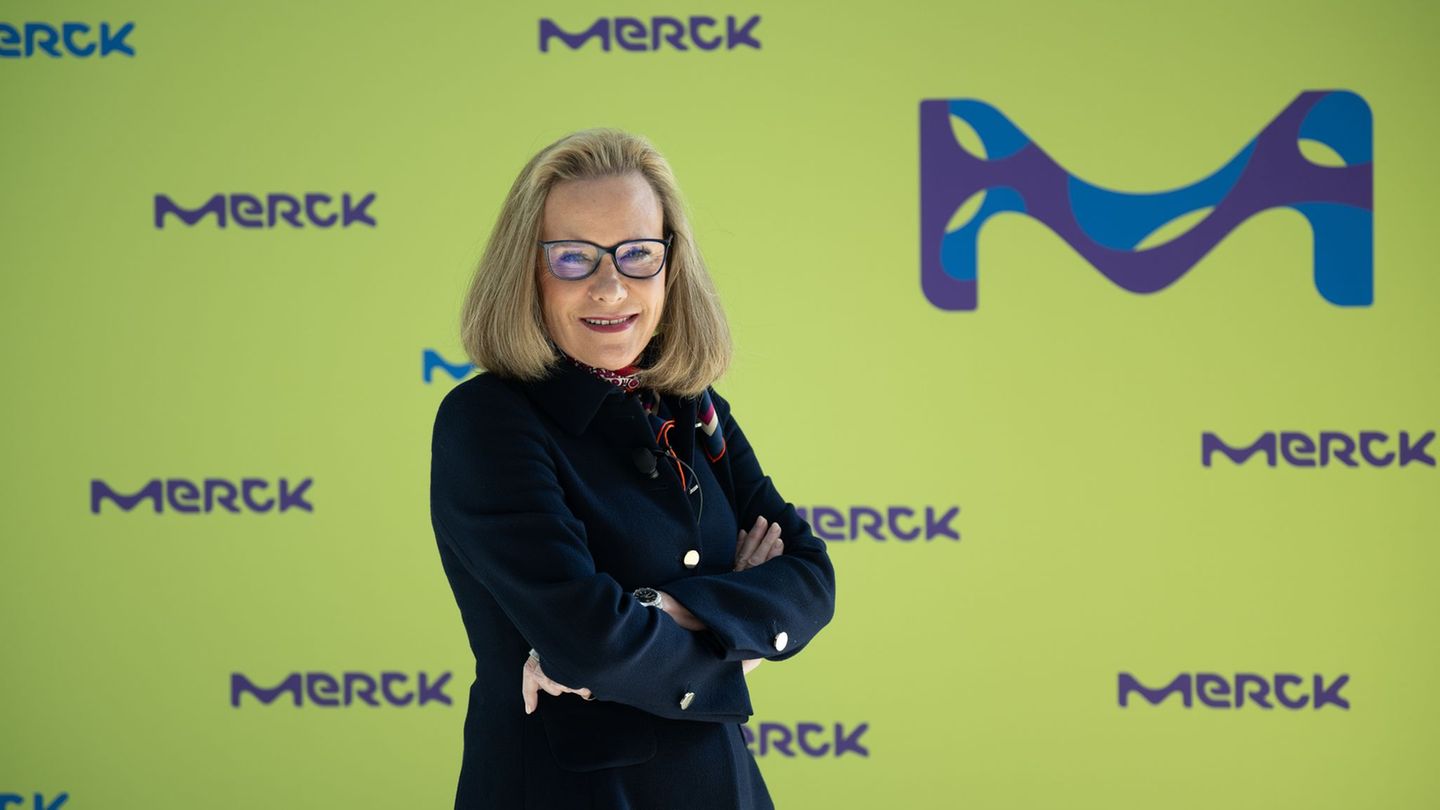The president of the UIA spoke within the framework of the relaunch of the SME Observatory survey, which is carried out at the headquarters of the business center.
The president of the Argentine Industrial Union (UIA), Daniel Funes de Rioja, insisted this Wednesday on vindicating the role of the manufacturing sector in the development of the countrywhile considering that Argentine decline “is not only the fault of politics.”
The content you want to access is exclusive to subscribers.
Funes de Rioja maintained that “There are new challenges in the world, which every day gives us another surprisewhether at the local or international level, for which we have to be prepared and, to do so, we must have the capacity for analysis and research.”


The head of UIA expressed these concepts when speaking within the framework of the relaunch of the Pyme Observatory Foundation (FOP), one of the most important centers in the country for research on small and medium-sized businesses.
The FOP was created 28 years ago at the initiative of the businessman who was then head of the Techint Group, Roberto Rocca, and works with the academic advice of the University of Bologna. This year presents a new director, the economist Federico Poli, who replaces the historic director of the survey Vicente Donato.
Industrial policy in governments
The businessman considered that “industrial policy is a substantive axis of any State policy” and added that “There is no state policy design that can exclude the industry in countries like Argentina.” He argued that growth is not possible, “without an industrial development model.”
“This was very clear to the generation of 1837 and 1880, which led to a phenomenal transformation, it was not to the detriment of primary production,” he explained.
The president of UIA Executive Committee He added that the work of the generations that organized Argentina at the end of the 19th century was “to industrialize that primary production, enhance it and make Argentina what it was in the golden ages.”
A collective challenge
“Today The golden times are distant because of everyone, not just politics“, clarified Funes de Rioja, who considered that “as each and every one of us has responsibility“Now we must all face the challenges of a transformation that puts us back in the world with productivity inside and competitiveness outside.”
“The Argentine industry has a role to play and wants to play a role in ‘nearshoring’, ‘friendshoring’ or any of the alternatives that this implies,” he added, when referring to the new global trends imposed by the tension between the United States and China, which have forced large companies to relocate their value chains to “friendly” countries of the West, or closer to production centers.
Source: Ambito
I’m a recent graduate of the University of Missouri with a degree in journalism. I started working as a news reporter for 24 Hours World about two years ago, and I’ve been writing articles ever since. My main focus is automotive news, but I’ve also written about politics, lifestyle, and entertainment.




